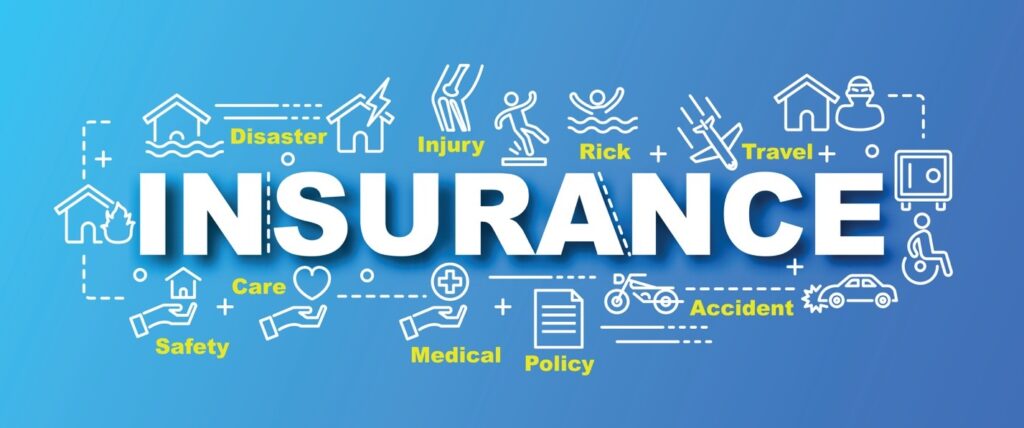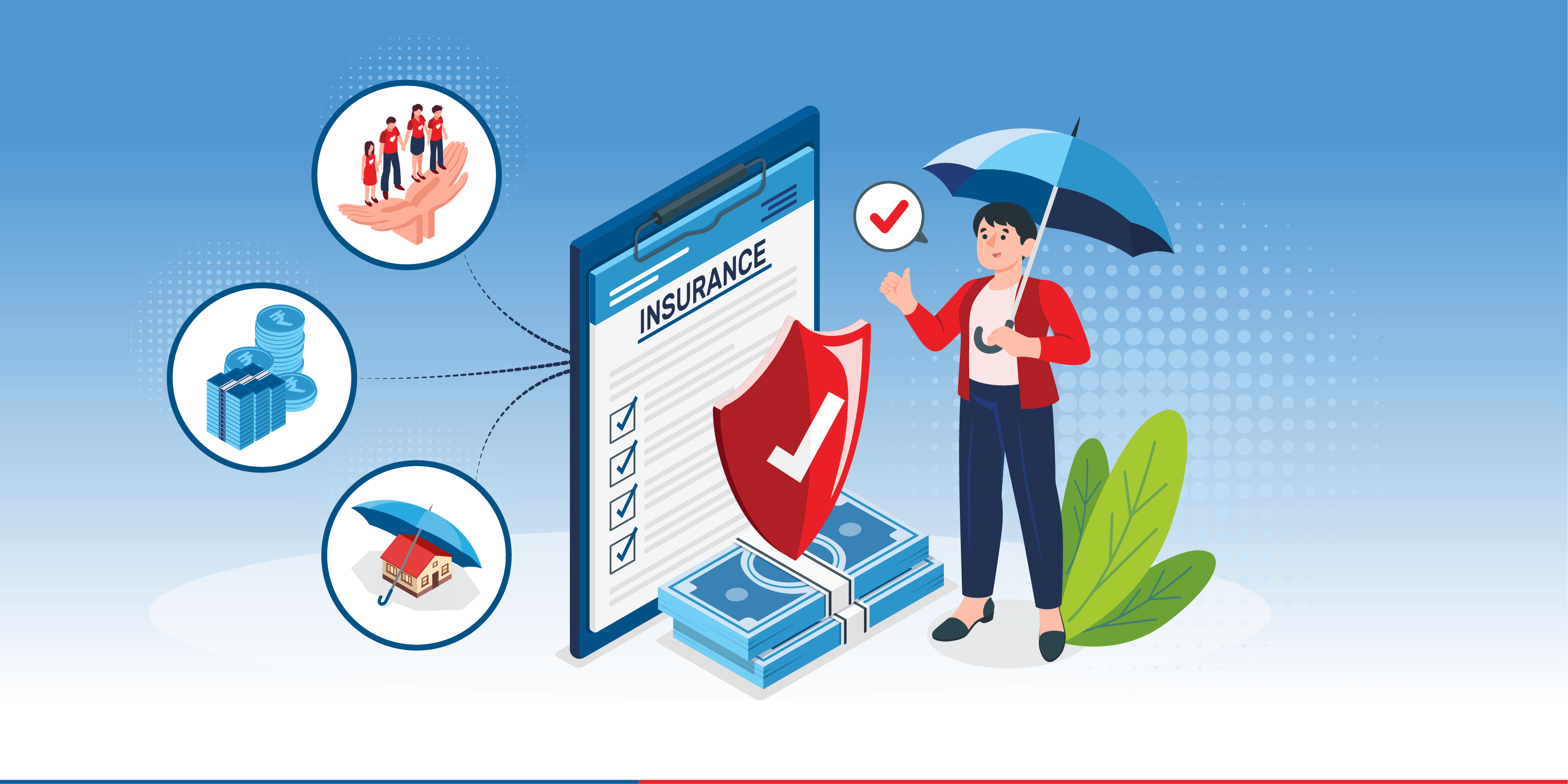Insurance : Stay prepared for emergencies
What is Insurance
Insurance is a financial arrangement that provides protection against potential future losses or damages. It involves a contract, known as a policy, between an individual or entity (the insured) and an insurance company (the insurer). The insured pays regular premiums, and in return, the insurer agrees to compensate for specific losses, such as property damage, health expenses, or liability claims. This system helps mitigate financial risks, allowing individuals and businesses to manage uncertainties in life, such as accidents, illnesses, or natural disasters. Overall, insurance offers peace of mind and financial security in unpredictable situations.
Types of Insurance Plans
There are several types of insurance plans, each designed to cover different risks and needs:

Health Insurance:
Covers medical expenses, including hospital visits, medications, and preventive care.
Life Insurance:
Provides financial support to beneficiaries upon the policyholder’s death. It can be term
Disability Insurance:
Offers income replacement if the insured is unable to work due to illness or injury.
Business Insurance
Provides protection for businesses against various risks, including property damage, liability, and employee-related claims.


Things to Consider While Buying Insurance
Coverage Needs: Assess what you need coverage for (e.g., health, home, auto) and the specific risks involved.
Policy Types: Understand the different types of policies available and choose one that fits your situation, such as term vs. whole life for life insurance.
Premium Costs: Compare premium rates among different insurers, but remember that lower premiums may come with reduced coverage.
Deductibles: Check the deductible amount, as this is the out-of-pocket expense you’ll pay before coverage kicks in.
Exclusions: Review what is not covered by the policy, as these exclusions can significantly impact your protection.
Claim Process: Research the insurer’s claim process and customer service reputation. A smooth claims experience is crucial.
Financial Stability: Investigate the financial strength and stability of the insurance company, which indicates their ability to pay claims.
Discounts: Inquire about any available discounts for bundling policies or having a good driving record.
Policy Terms: Read the fine print to understand the terms, conditions, and any potential limitations of the policy.
Reviews and Recommendations: Seek feedback from current policyholders and check online reviews to gauge overall satisfaction with the insurer.
Benefits of Insurance
Financial Security: It protects against unexpected financial losses, helping individuals and businesses manage risks effectively.
Peace of Mind: Knowing you have coverage can reduce anxiety about potential accidents or emergencies.
Risk Management: Insurance helps distribute risk across a larger group, making it more manageable for individuals.
Access to Services: Many insurance plans offer access to a network of providers, ensuring timely and quality care.
Legal Protection: Liability insurance can protect against legal claims and lawsuits, covering legal fees and settlements.
Investment in Health: Health insurance encourages regular check-ups and preventive care, promoting overall wellness.
Support for Recovery: Insurance can provide necessary funds for rehabilitation or recovery after an accident or illness.
Business Continuity: For businesses, insurance can cover losses from disruptions, ensuring operations can continue.
Mortgage and Loan Approval: Many lenders require insurance for homes and vehicles before approving loans, safeguarding their investments.
Peaceful Retirement: Certain insurance products, like life insurance and annuities, can provide financial support during retirement.
